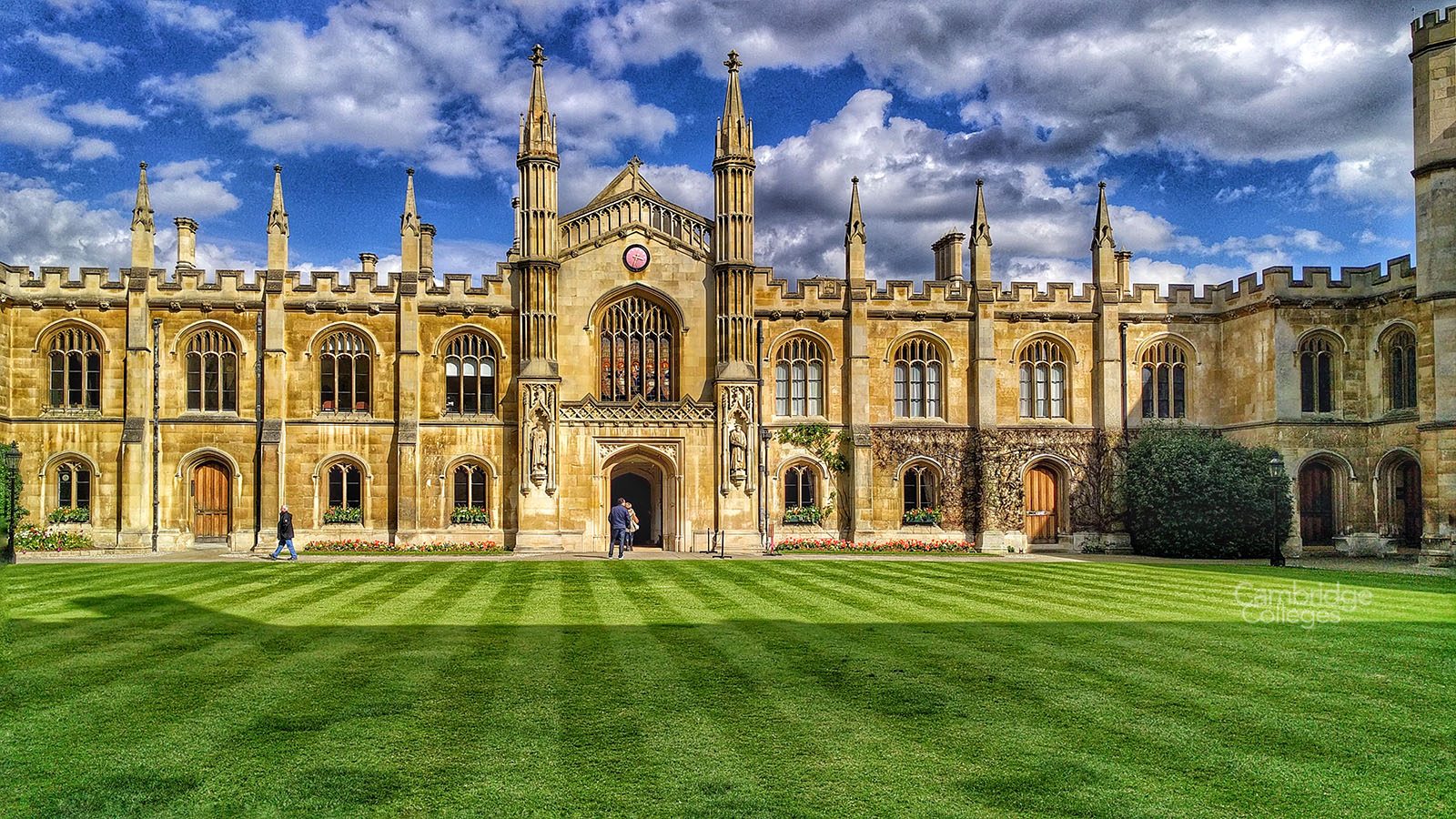Fixed-term: The funds for this post are available for 3 years in the first instance.
A position exists for Research Associate in cryogenic Radio Frequency (RF) measurement for Developing a Quantum Bus for germanium hole-based spin qubits on silicon.
The role holder will focus on RF measurements of medium range coupling between hole spins in quantum dots formed in strained Ge quantum wells. The Cambridge PI Professor Charles G. Smith works in the Semiconductor Physics group on quantum dot research. The material will be provided by Professor Maksym Myronov who is the grant PI at Warwick while devices will be made in the TNI and Professor Sougato Bose at UCL will provide theoretical support. Devices will be fabricated by our partners at the Tyndall National Institute in Ireland. The work is in collaboration with the Hitachi Cambridge Laboratory where Dr Frederico Martins will be working closely on the project.
The project has the long-term goal of showing that two Ge Hole dot based qubits can be coupled coherently over distances of about one micron. This would allow cross coupling of the qubits to be extended and open up space for addressing and readout devices which will allow architectures to be designed for future scaling. The role is based in the Cavendish Laboratory which houses the Physics department at the University of Cambridge. Professor Charles G. Smith has access to a BlueFors dilution refrigerator with a bottom sample loader and fitted cryogenic RF amplifier for resonant readout of dot capacitances. This can be used to carry out fast high-fidelity readout of the dot spins. Pulsed RF electric fields applied to the dot gates will be used to control the spins on the dot qubits. The Hitachi Cambridge Laboratory collaborator will be Dr Frederico Martins who has extensive experience with manipulating spins in Ge quantum dot hole devices.
The successful candidate will hold (or be close to obtaining) a PhD in Physics, Electrical Engineering or a closely related discipline with a proven track record in quantum research. A good knowledge of quantum mechanics in solids state will be required. Preference will be given to candidates with a strong background in radio frequency techniques as demonstrated by publications in major journals. A solid understanding of cryogenic measurements and experience in measuring quantum phenomena in nano-devices is important.
The candidate will also have proven organisational, communication and team working skills and strong evidence of problem-solving skills.
The post holder will be located at the Department of Physics, Cavendish Laboratory, JJ Thomson Avenue, Cambridge, CB3 0HE.
Salary Ranges: Research Associate: £36,024- £44,263.
Appointment at research associate is dependent on having a PhD including those who have submitted but not yet received their PhD (in which case appointment will initially be made at research assistant and amended to research associate when the PhD is awarded).
Click the ‘Apply’ button below to register an account with our recruitment system (if you have not already) and apply online.
Please ensure that you upload your Curriculum Vitae (CV) and a covering letter in the upload section of the online application. If you upload any additional documents which have not been requested, we will not be able to consider these as part of your application. Please submit your application by midnight on the closing date.
If you have any questions about this vacancy please contact Professor Charles G. Smith (cgs4@cam.ac.uk). If you have any questions about the application process, please contact mott.hr@phy.cam.ac.uk.
Please quote reference KA38201 on your application and in any correspondence about this vacancy.
The University actively supports equality, diversity and inclusion and encourages applications from all sections of society.
The University has a responsibility to ensure that all employees are eligible to live and work in the UK.
